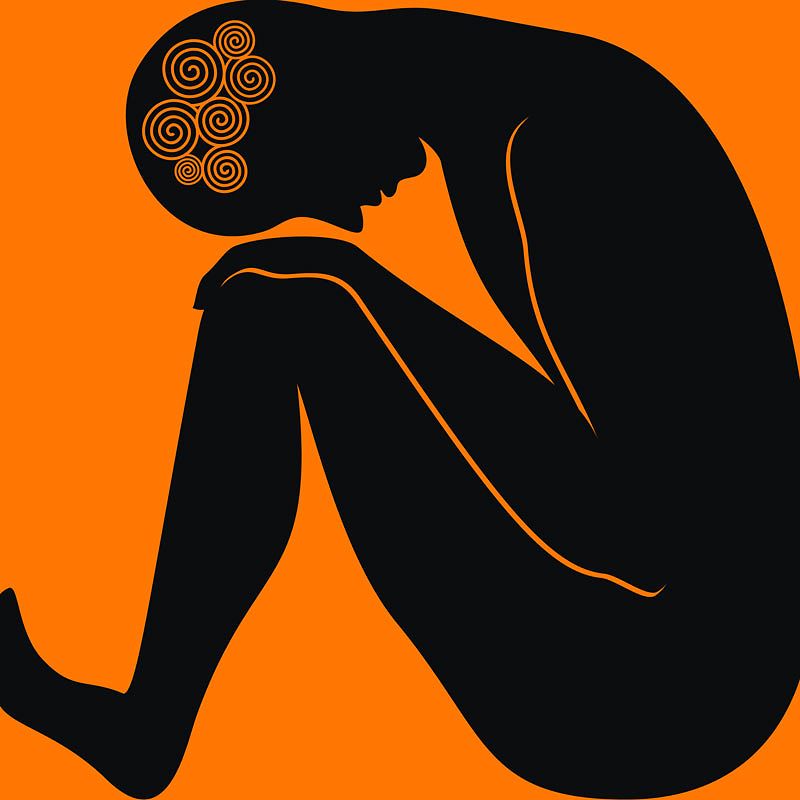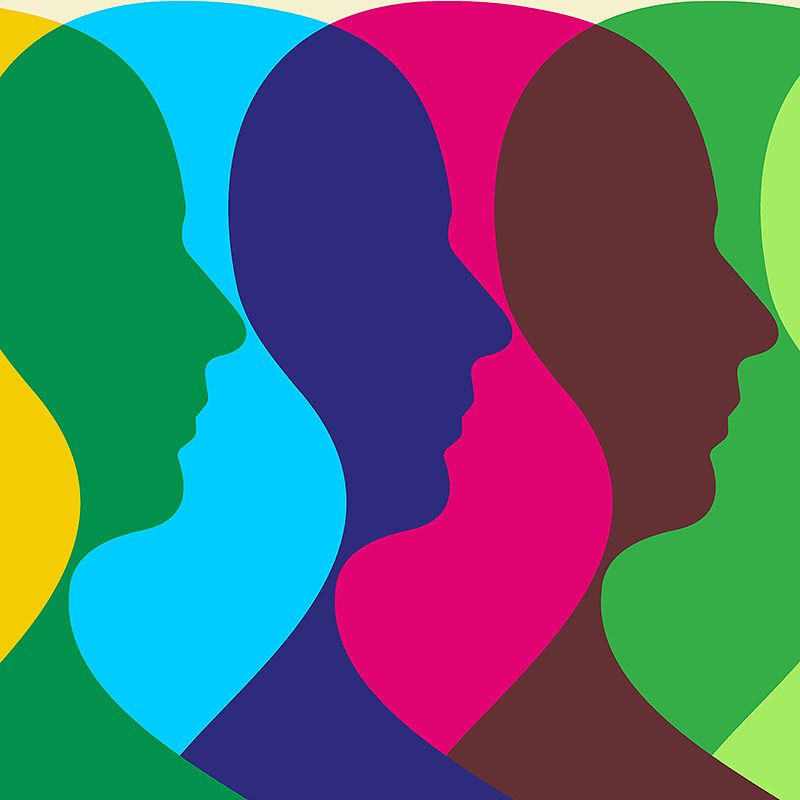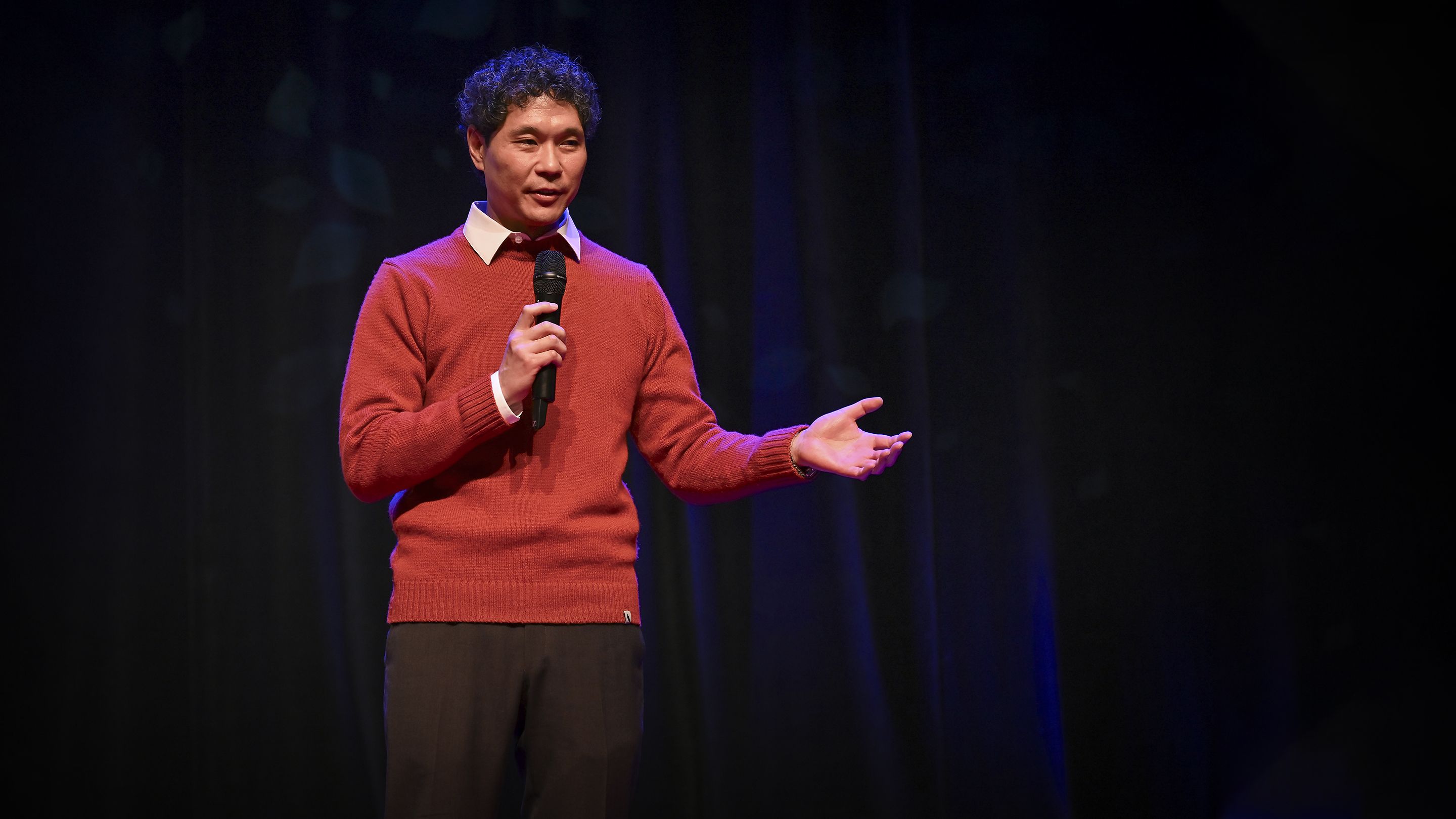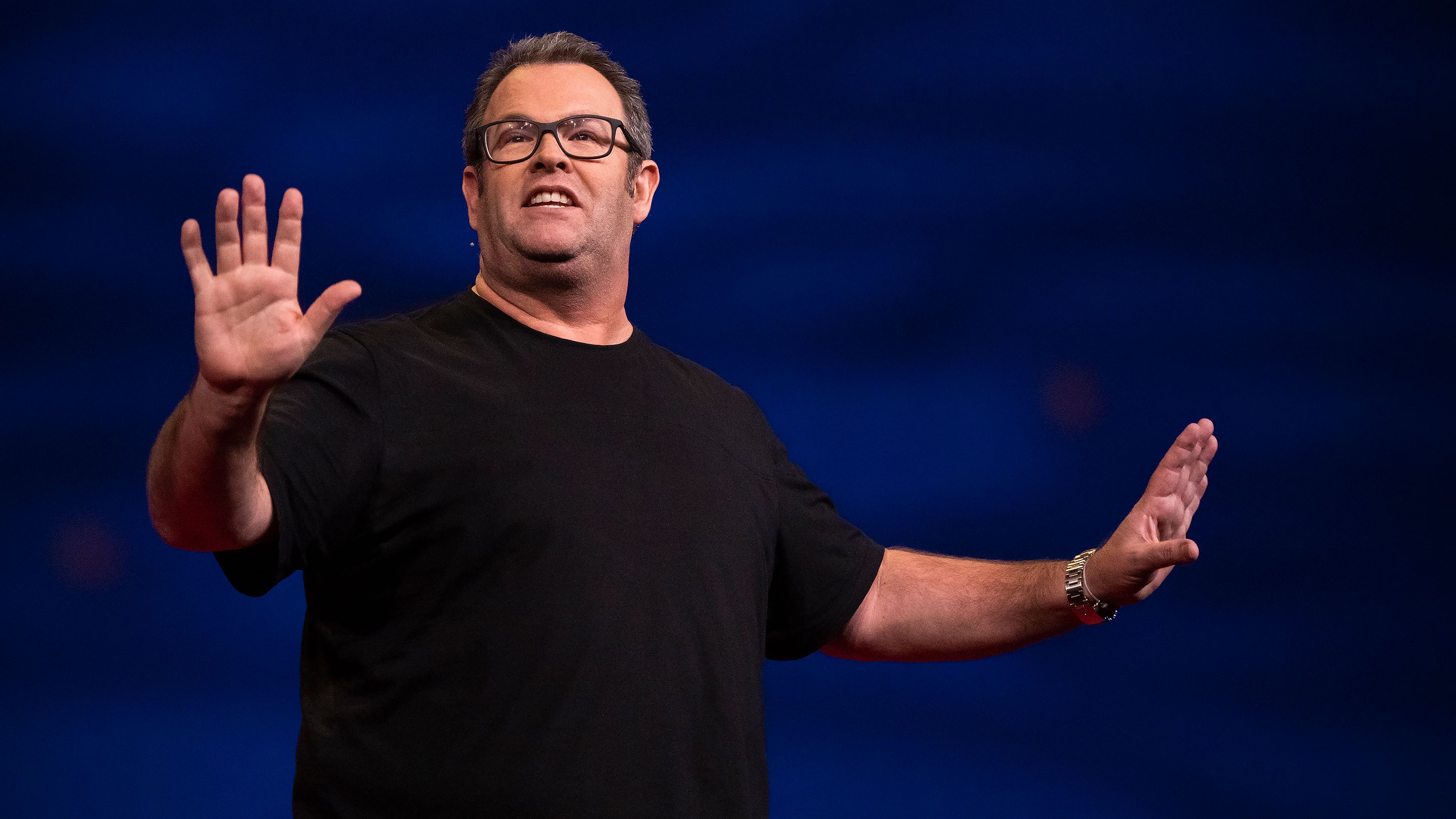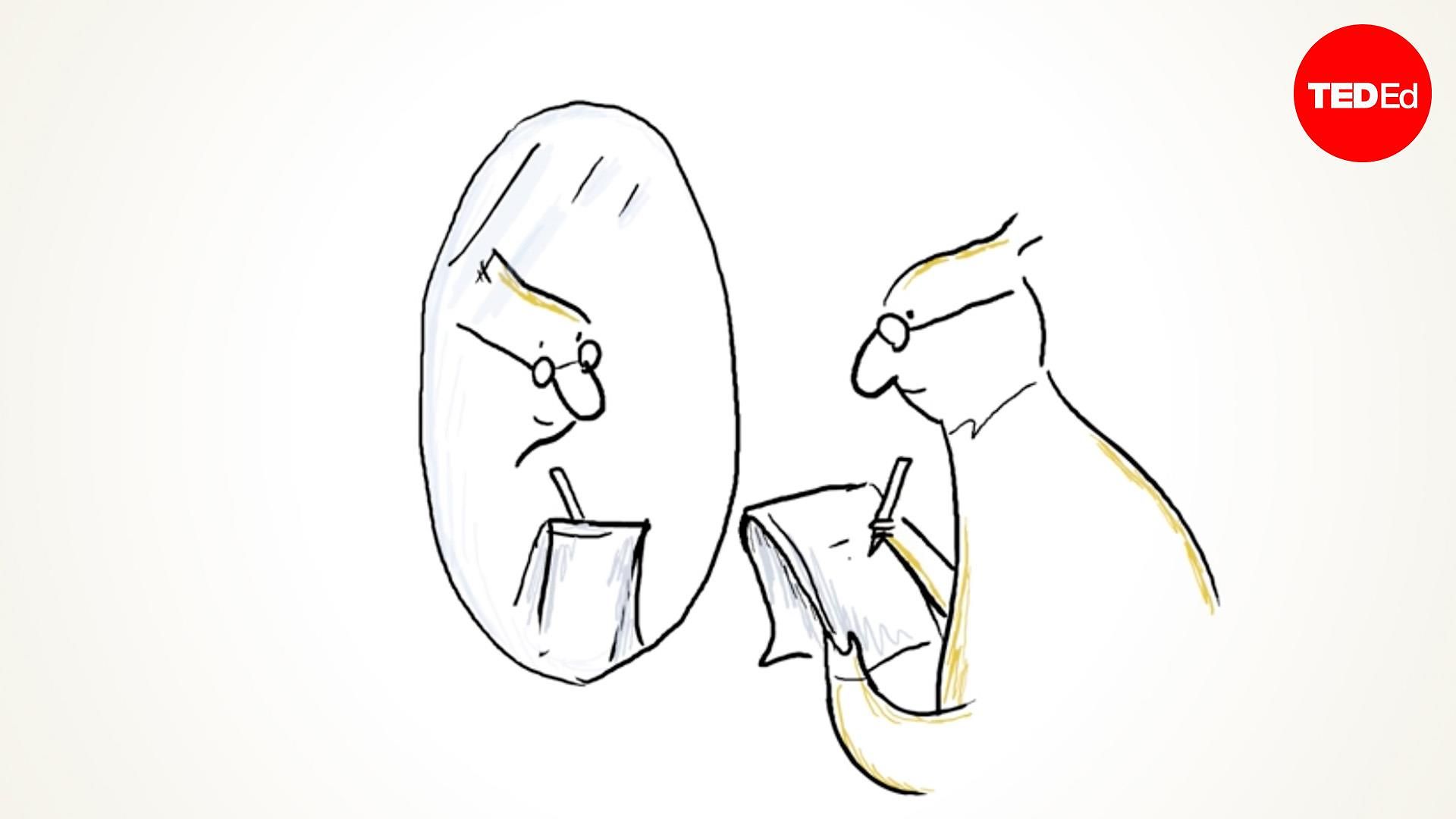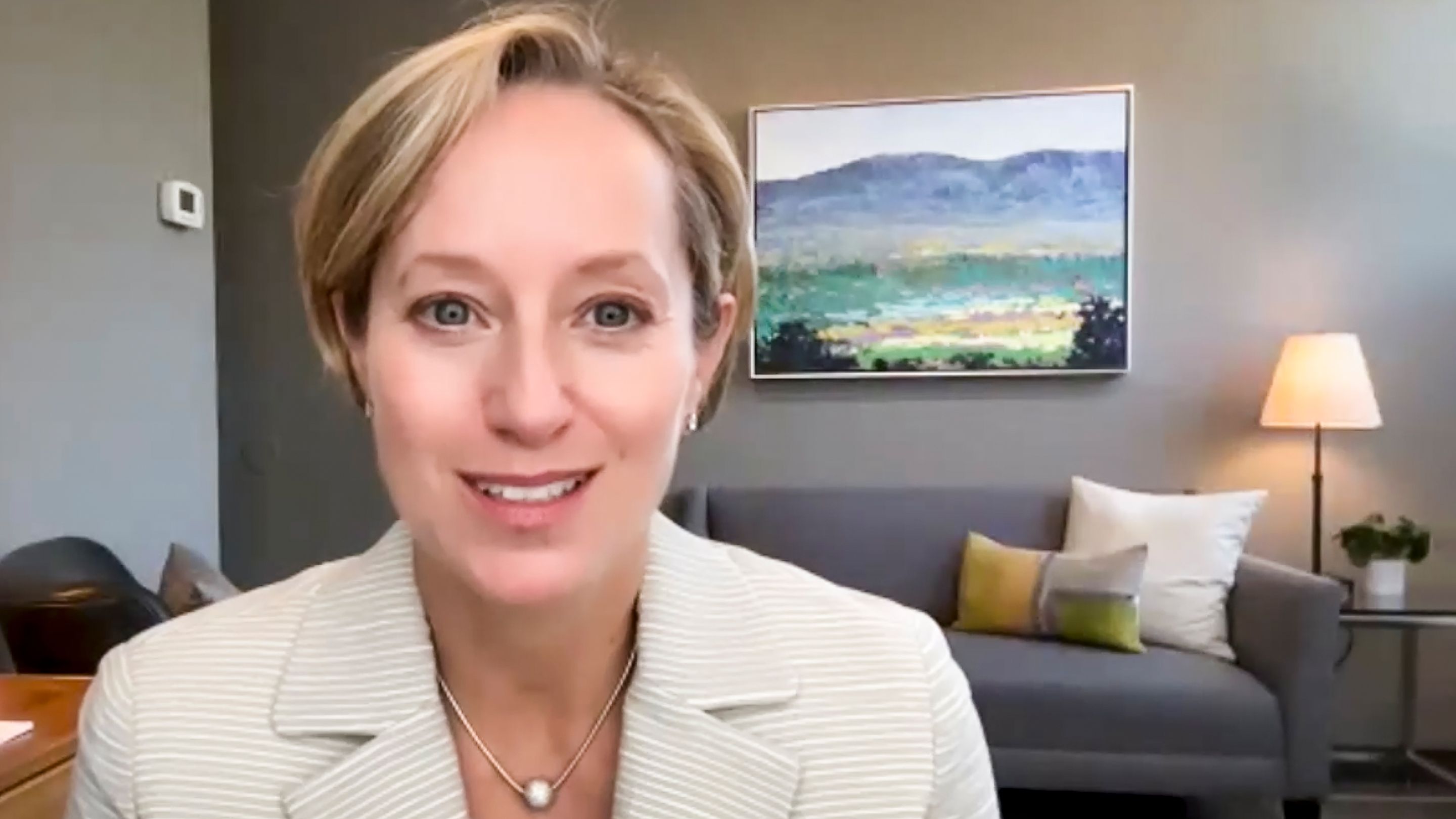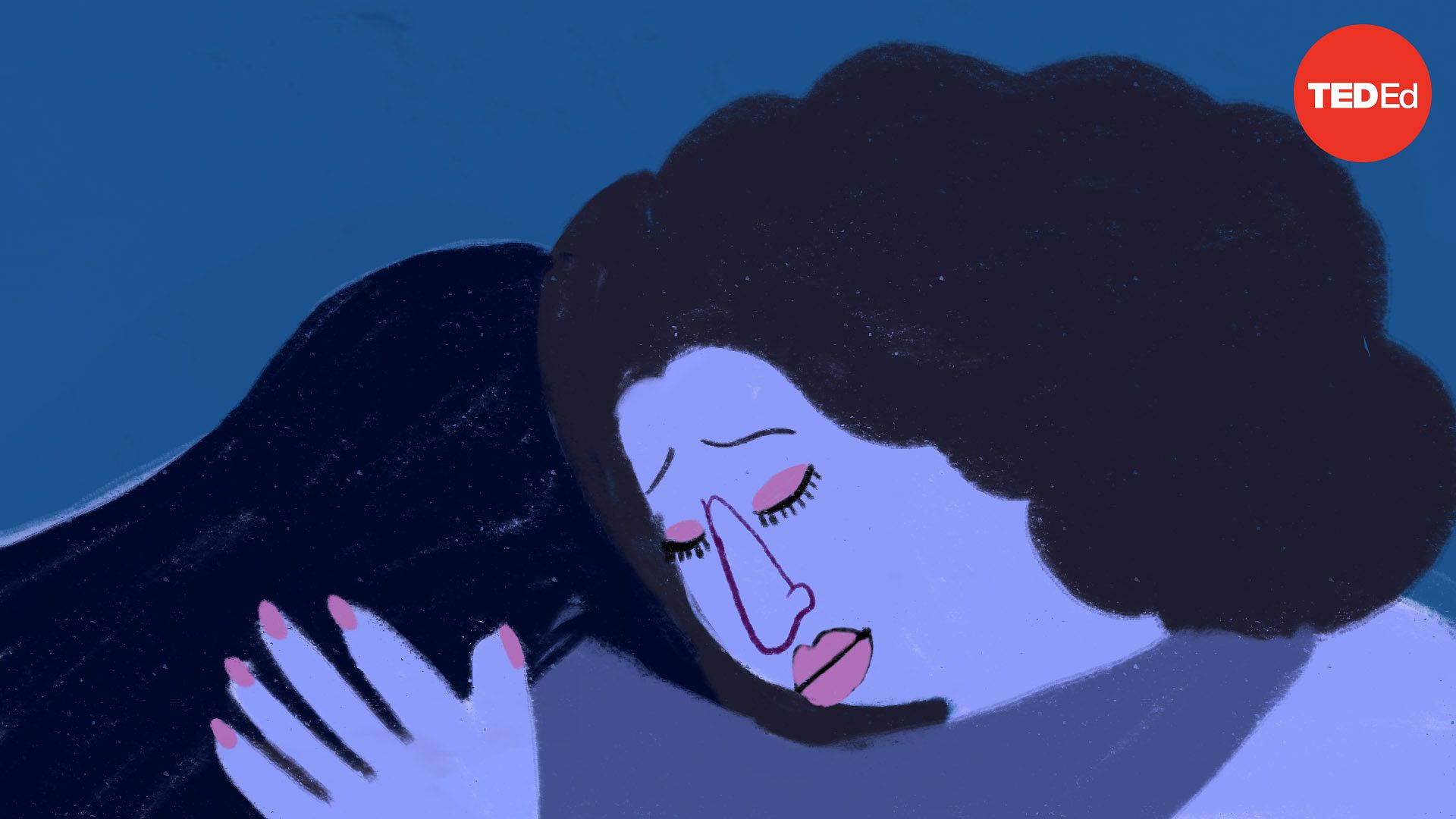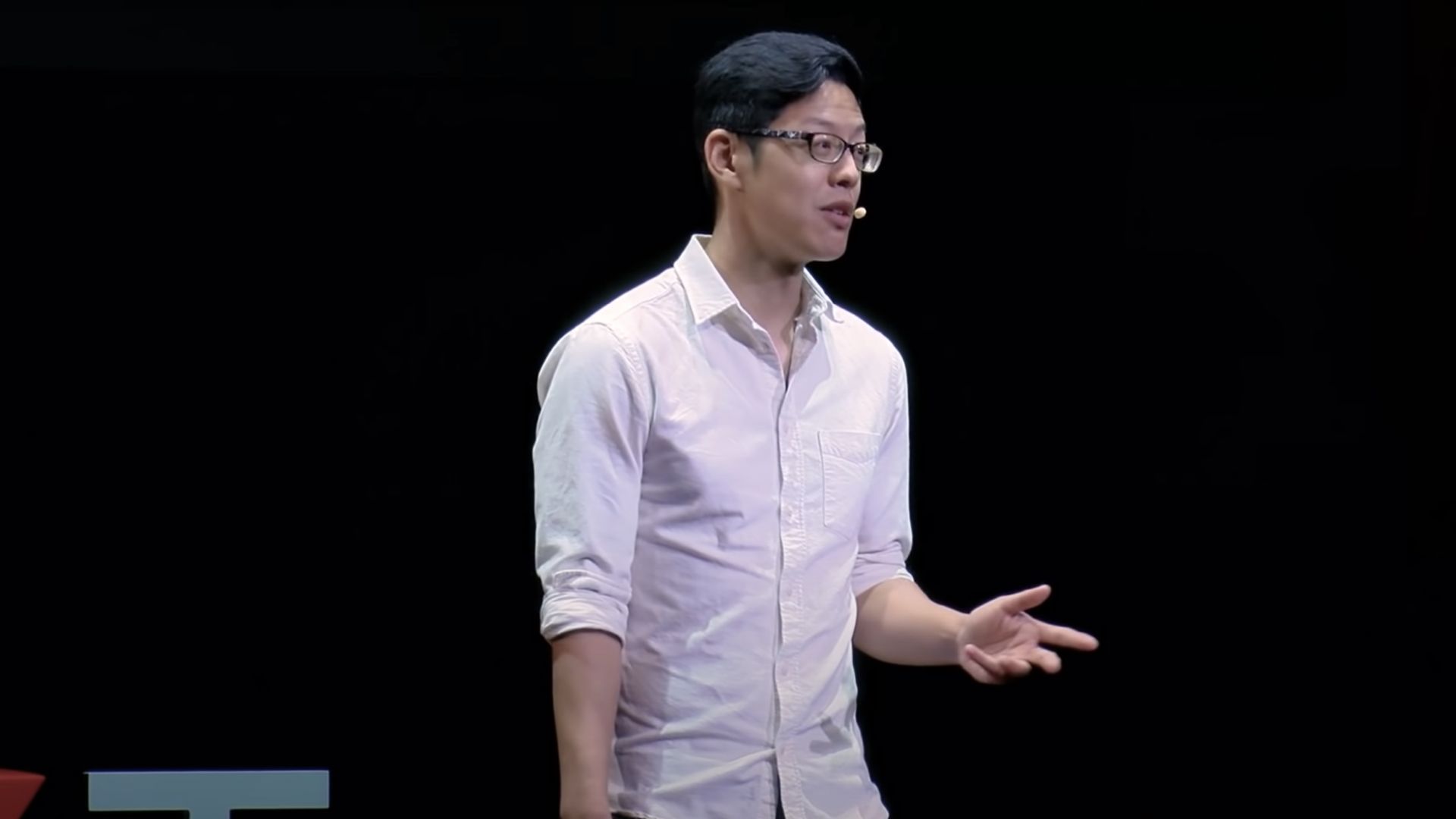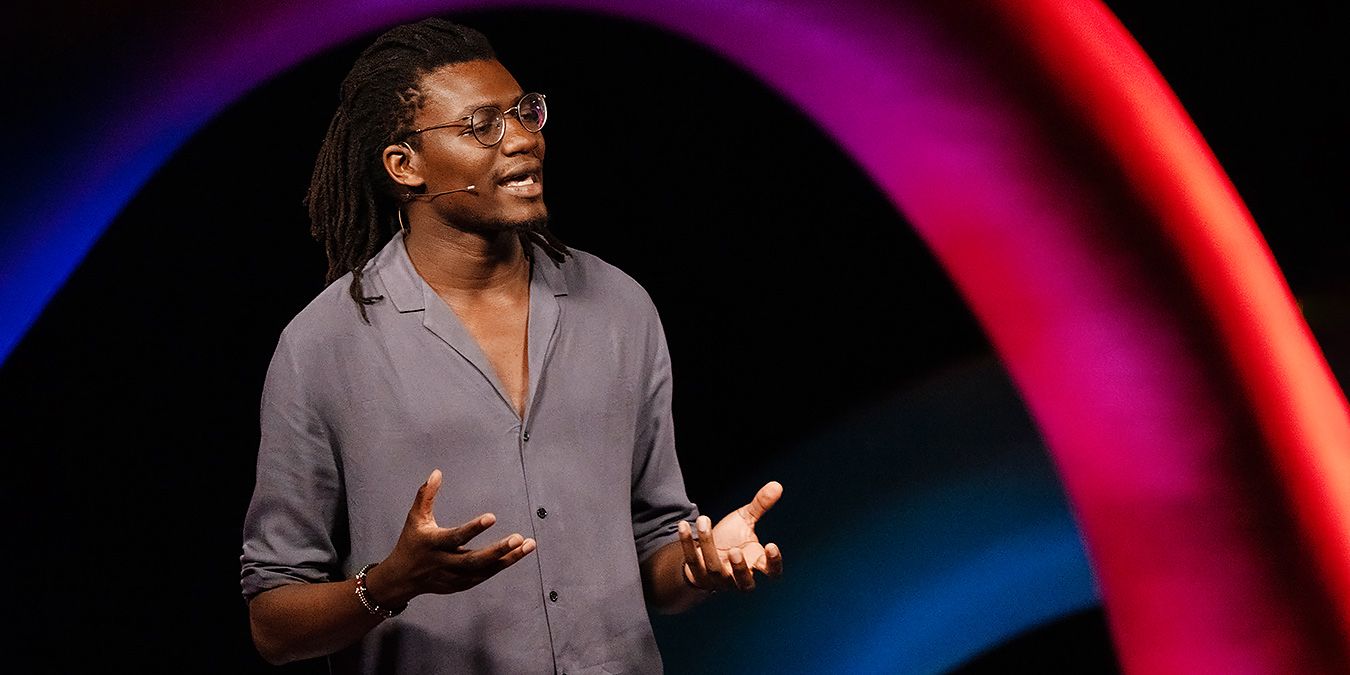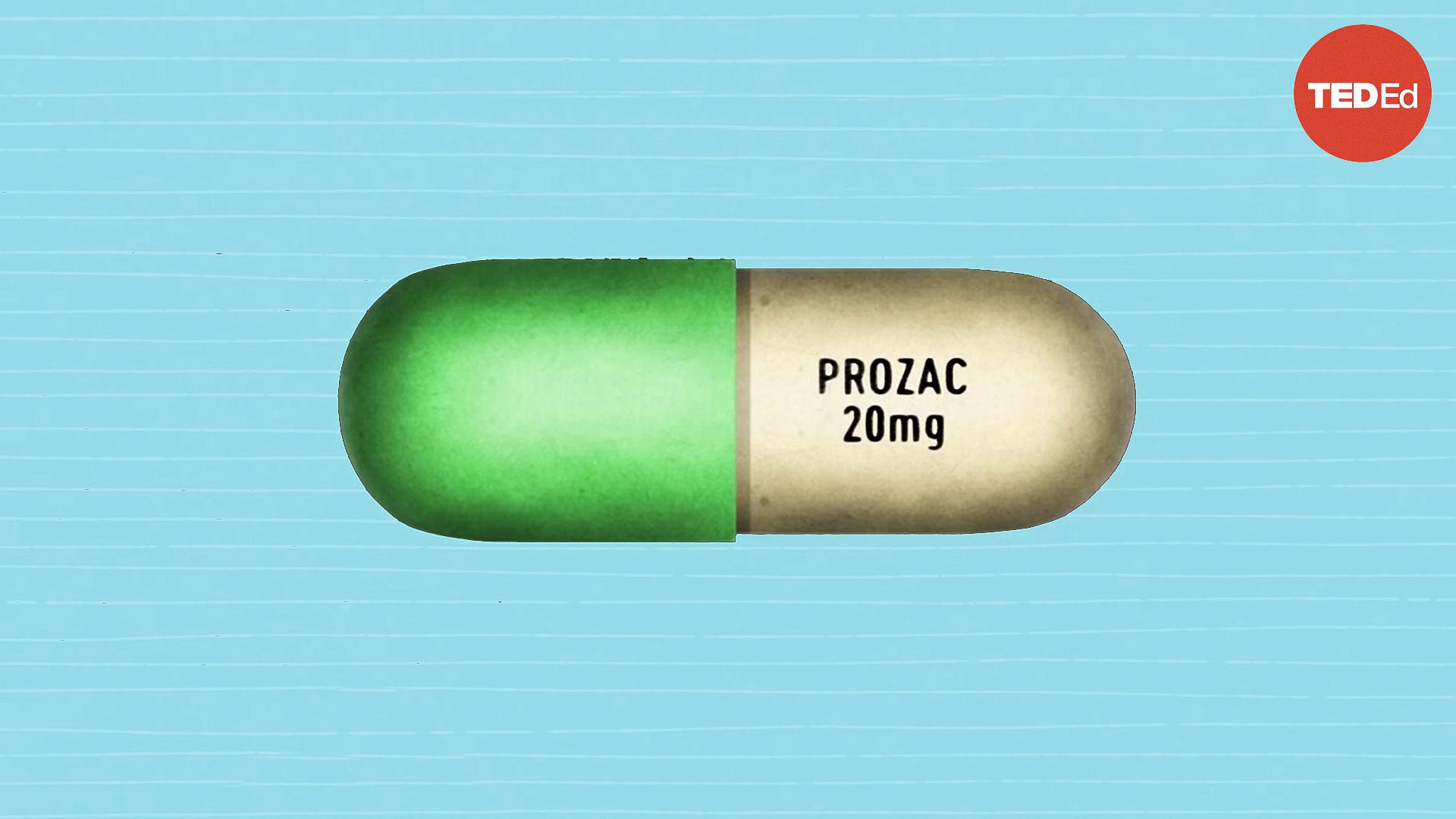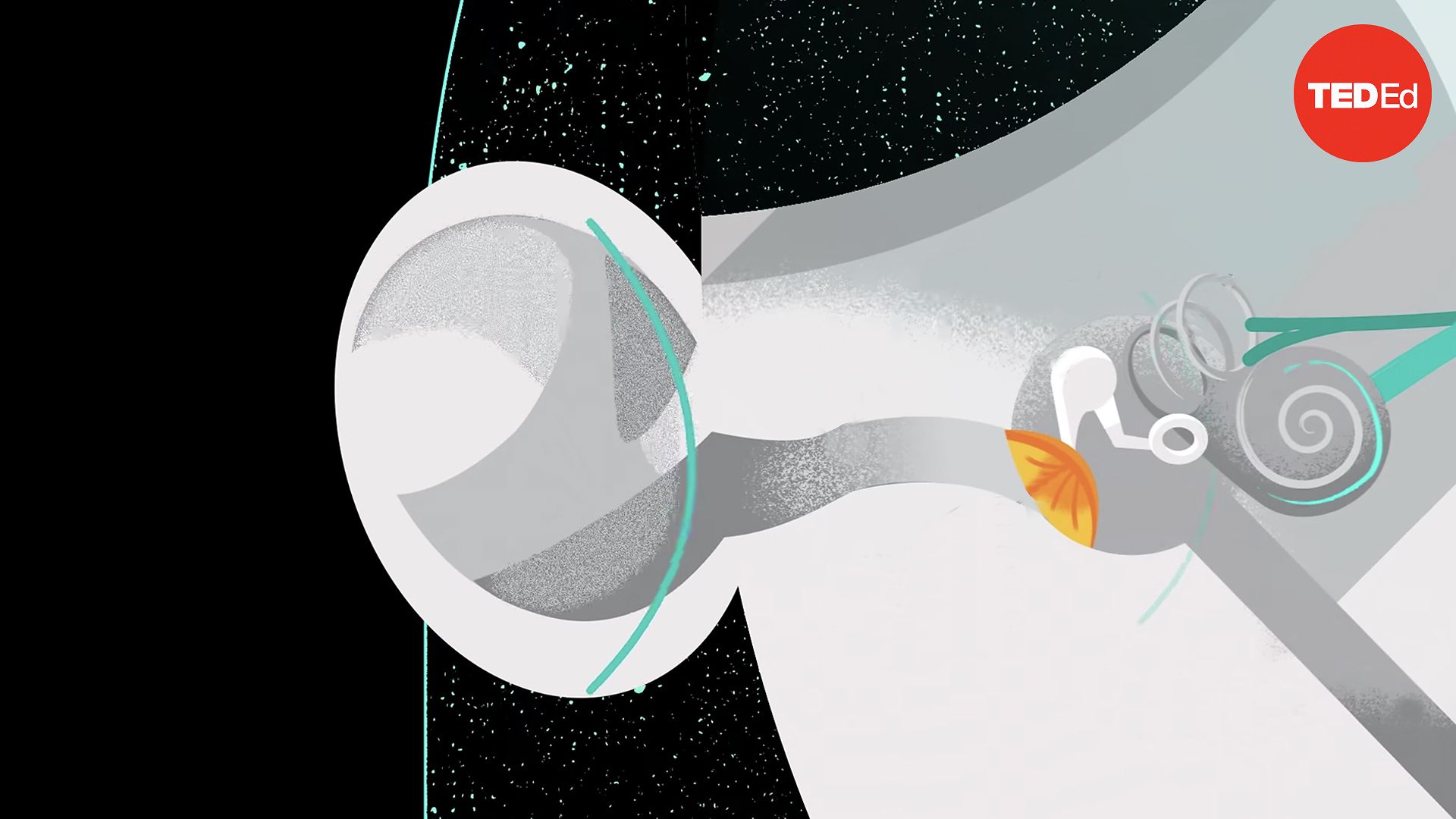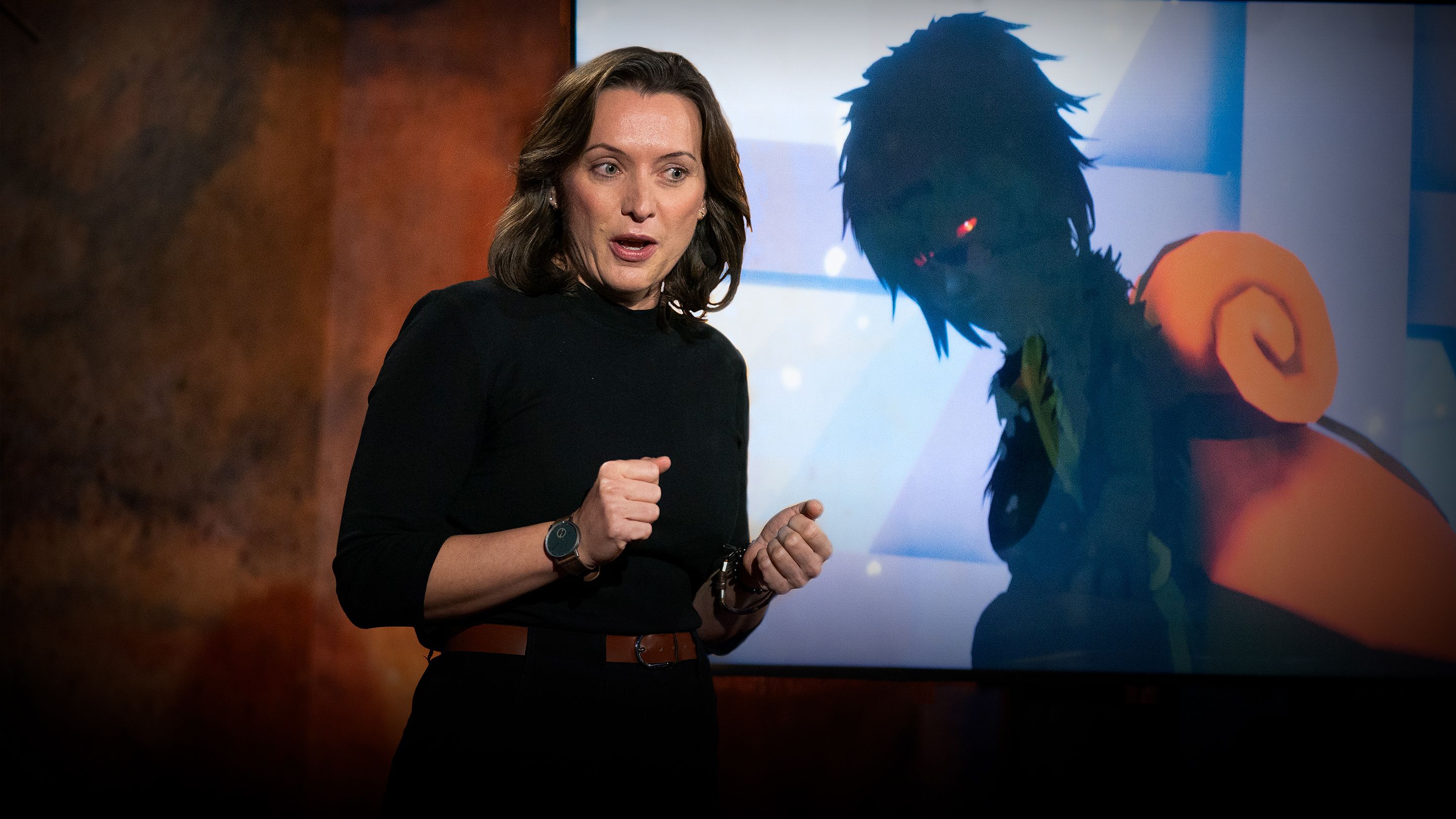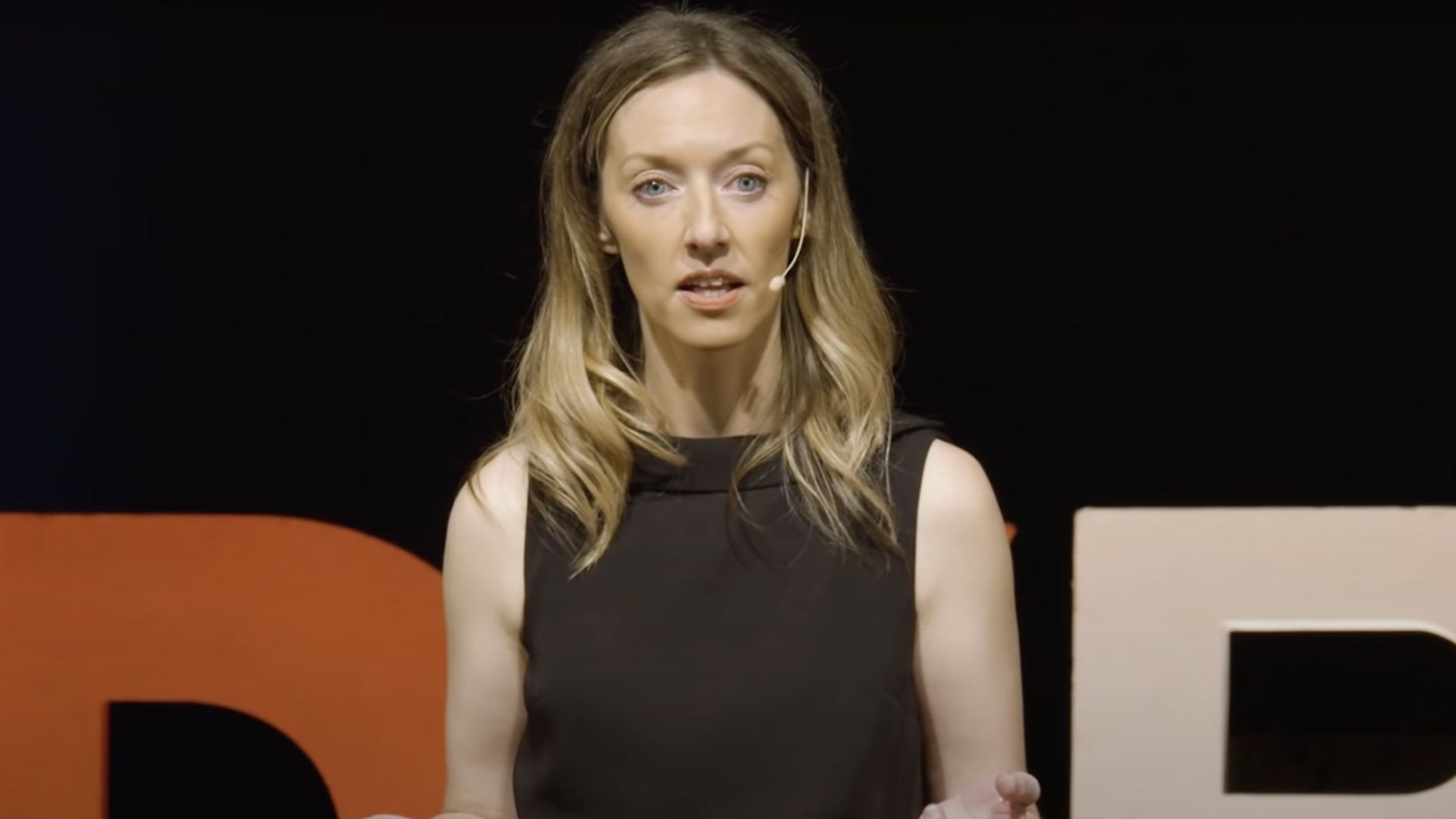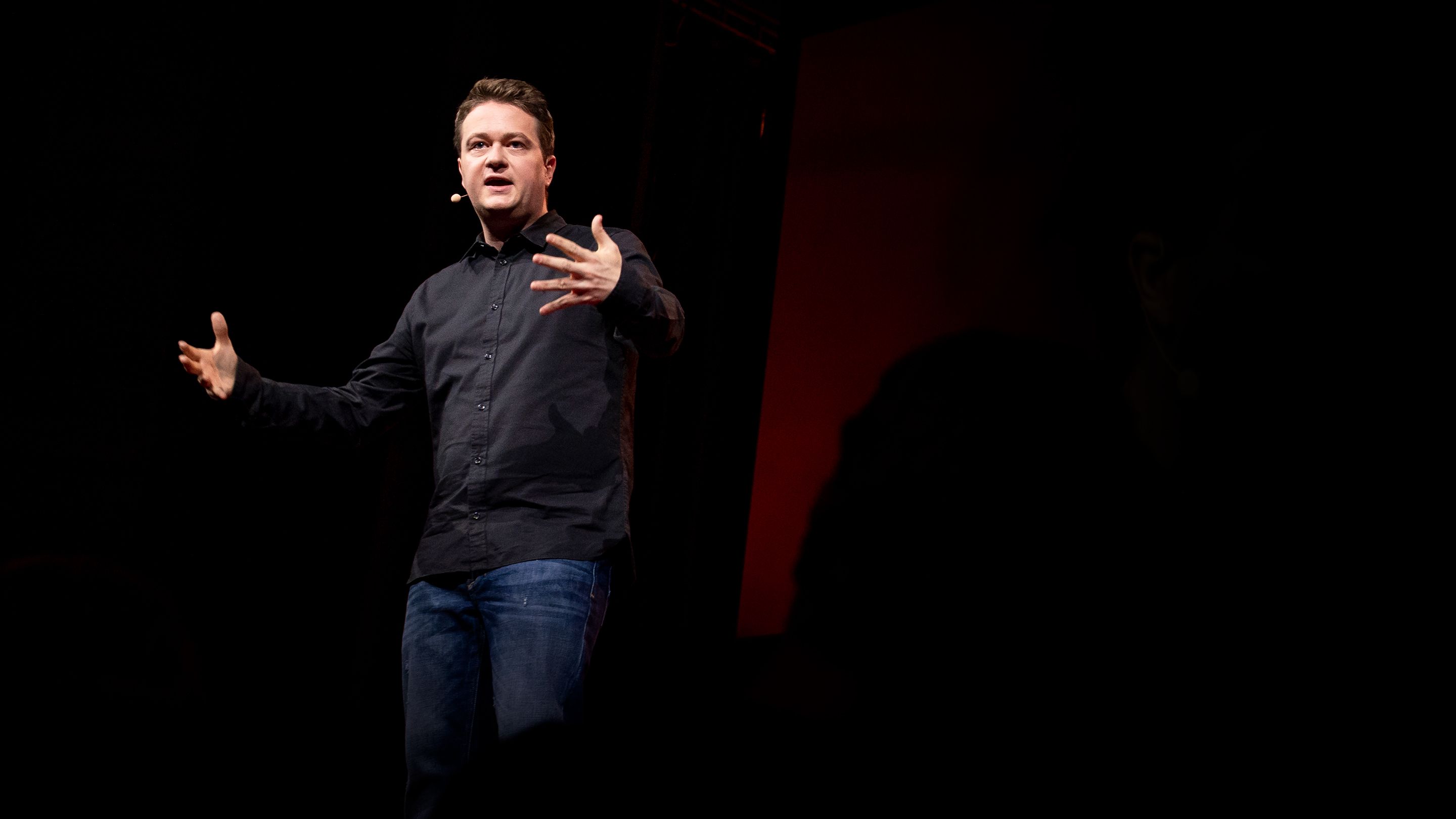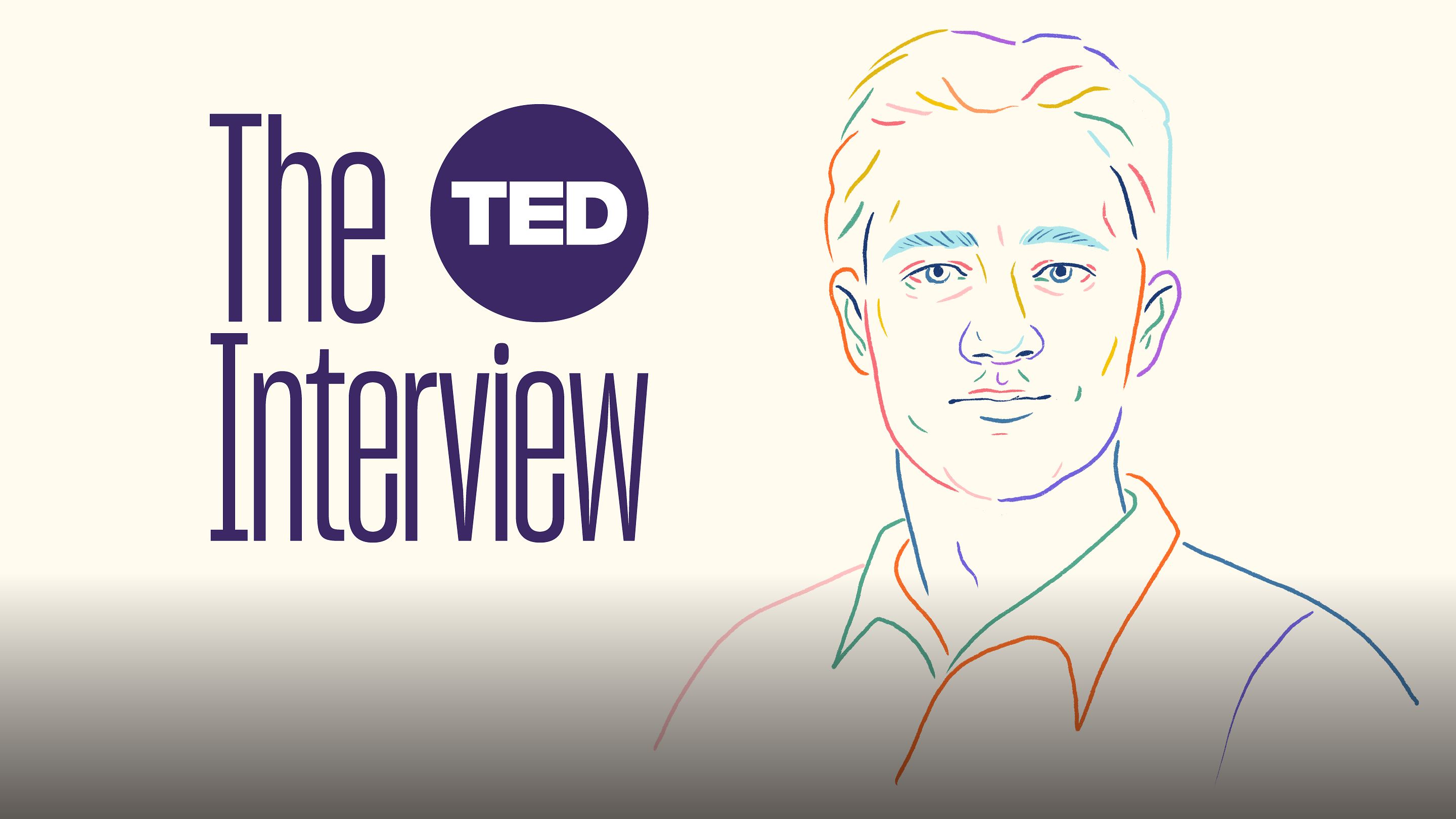Depression
A collection of TED Talks (and more) on the topic of Depression.
Video playlists about Depression
Talks about Depression
See all talks on Depression
Exclusive articles about Depression
A scientist explores: What if we could inoculate people against depression and trauma?
An accidental discovery led neuroscientist Rebecca Brachman PhD towards new insights into how stress triggers depression and PTSD -- and could offer a new approach to help fortify our resilience against mental illness.
Posted Nov 2021
One way to calm an anxious mind: Notice when you’re doing OK
Here's a simple yet powerful way to build well-being and resources in your brain and your body, says Rick Hanson and his coauthors.
Posted Sep 2020
What can you do when you’re flattened by depression? Plan for it
By adopting a take-charge approach towards living with depression, you can start to feel more in control and less powerless, says health activist Jessica Gimeno. She shares three helpful strategies.
Posted Aug 2019

